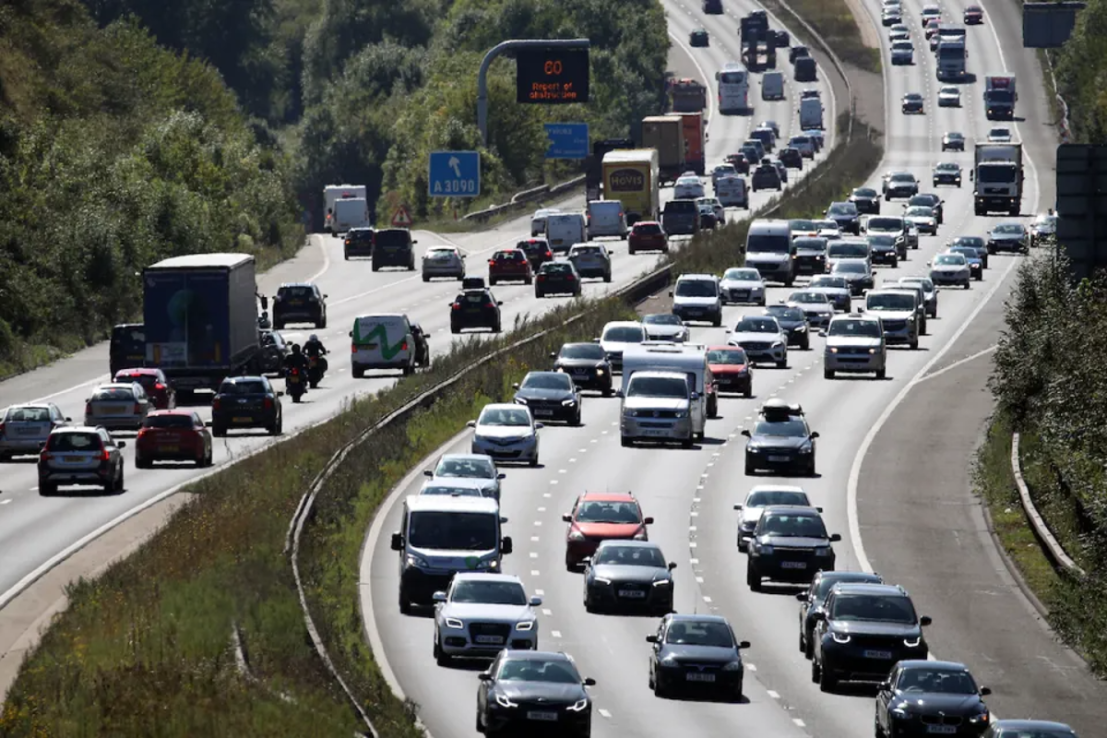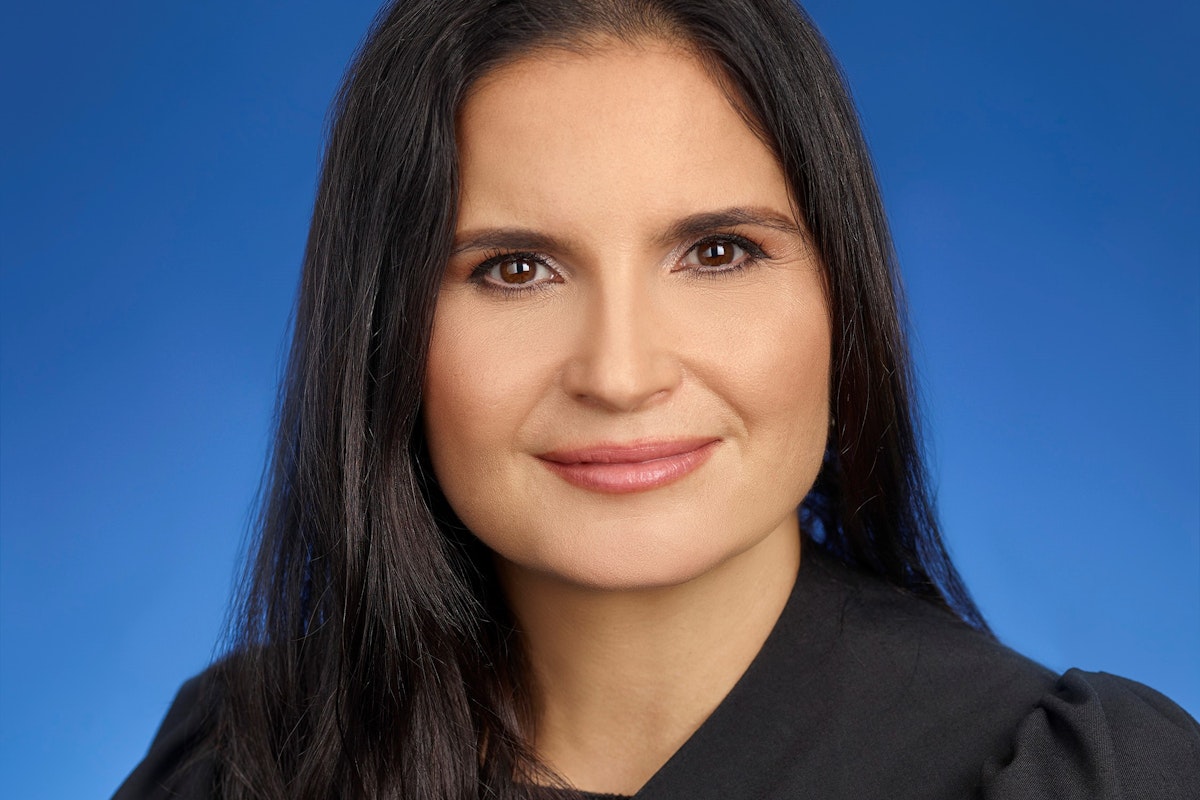S&U channels Marcus Aurelius as motor finance lender says it will ‘wrestle on’
The specialist auto and property lender has posted a fall in annual profit and lowered its dividend as the firm grapples with higher costs and regulatory pressures.


The chair of specialist auto and property lender S&U has said the group will “wrestle on” as it fights through the challenges of higher interest rates, the cost-of-living crisis and regulatory headwinds.
In the company’s full-year results, published today, S&U’s chair Anthony Coombs said: “As Marcus Aurelius, a second century Roman Emperor and Stoic philosopher once said, ‘sometimes the art of living is more like wrestling than dancing’. Confident in our people, business philosophy and the markets we serve so well, we wrestle on.”
Coombs made the remarks as the company posted a fall in annual profit and lowered its dividend due to higher costs and regulatory pressures.
The company reported a pretax profit of £33.6m for the 12 months ending on 31 January 2024, compared with £41.4m in the previous year.
S&U cut its final dividend to 50p from 60p, bringing its total dividend for the year to 120p from 133p.
Group revenue came in at £115.4m, up from £102.7m, while S&U said customer numbers across both its motor finance business Advantage and its property financier Aspen were at a record.
S&U’s total repayments rose 18.5 per cent to £369.8m, which it said reflected the company’s “historically good relations with our valued customers”. Meanwhile, its net receivables reached a record £462.9m.
The firm’s shares cratered in February after it issued a profit warning amid an “intemperate economic climate” and “weak consumer confidence”, while a Financial Conduct Authority (FCA) probe into now-banned auto lending practices looms large over the sector.
The company said it was not involved in the FCA’s motor finance review as it never engaged with so-called discretionary commission arrangements “which would cut across its long-standing model of matching rate to risk”.
However, the firm said its annual profit was hit mainly by a £8.2m jump in provisions made on an estimate of future cash flows under IFRS 9 accounting rules, as well as FCA inquiries into “professional fees”.
It added that the Bank of England’s interest rate hikes last year had driven more than £4m in extra finance costs at Advantage.
S&U noted a “recent upsurge in regulation” across the industry, including the FCA’s review on borrowers in financial difficulty, which had “increased Advantage’s costs and inhibited both the range of products we offer our customers, and our ability to sensibly help them maintain their loan repayments – which bolsters their future credit rating”.
“In recent years, a notable trend has emerged contrary to expectations. The workforce of the FCA has expanded to 4,289 employees, an increase of 1,100 in the last year, paralleled by a substantial contraction in credit availability,” Coombs said.
He added that the FCA’s “continuous issuance of guidance”, including the Consumer Duty introduced last year, created “a degree of uncertainty regarding customer relationships” that may have a “dampening effect on innovation and the introduction of new products”.
“As the motor finance industry transitions to new modes of regulation and evolving assurance of fair customer outcomes, it is to be expected that the mutual learning and understanding between firms and regulator will cause some temporary disruption,” Coombs said.
“In future however, Advantage expects that its long-term experience and humane approach to every customer, irrespective of their background, as evidenced by its industry-leading customer satisfaction and Ombudsman ‘uphold’ rates, will be vindicated and rightly bear fruit.”



